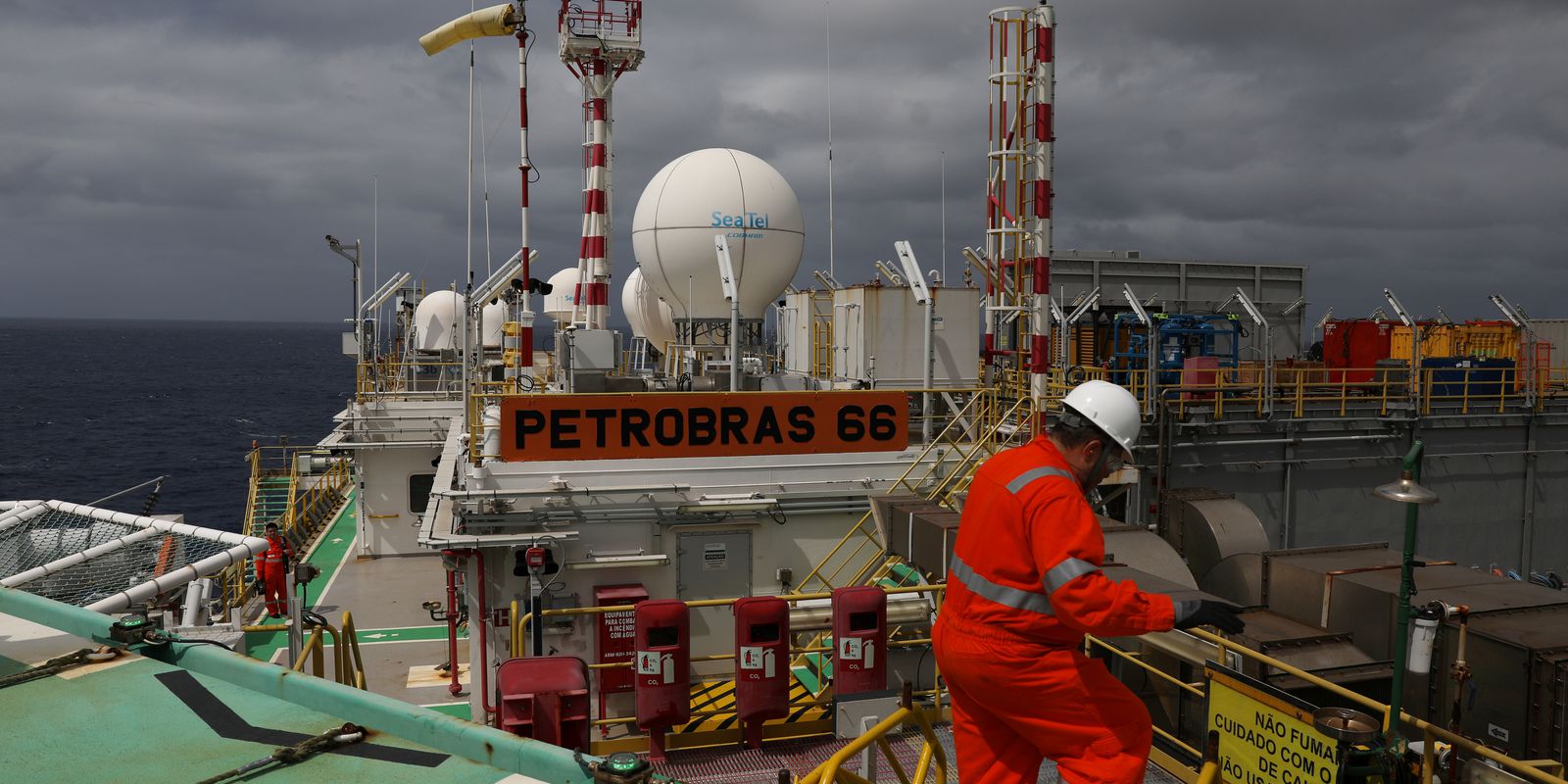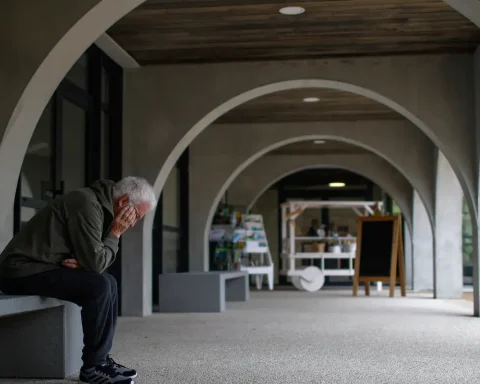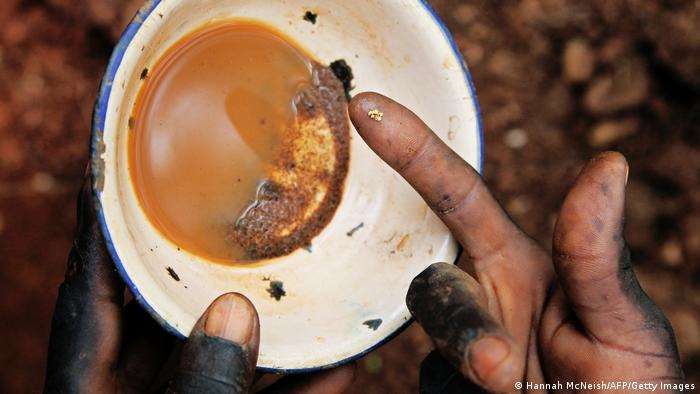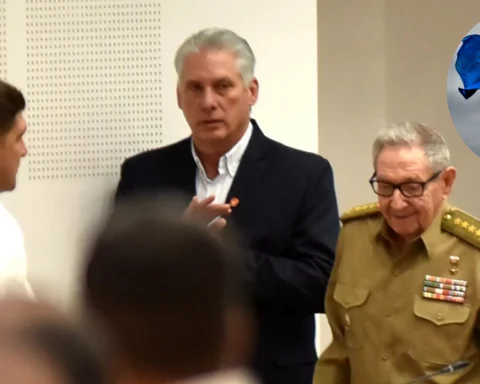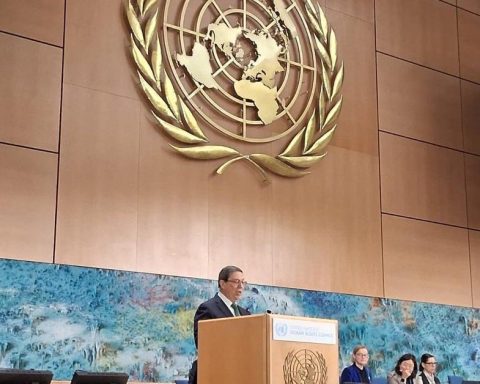The international market’s view of Brazil on the issue of energy security has changed in recent years, and the country is already seen as important on the world stage. The Minister of Science, Technology and Innovation, Paulo Alvim, who participated today (30), in a virtual way, in the Energy Seminar: Development, Challenges and Opportunities, promoted by the Federation of Industries of Rio de Janeiro (Firjan) and the Rio de Janeiro Naval Technological Cluster (CTN-RJ).
According to the minister, Brazil is committed to the production of sustainable, renewable and clean energy, mainly based on biofuels, which, in Alvim’s view, is not just a speech, but a practice. According to the minister, the movements and issues related to energy from the war in Russia and Ukraine show the importance of energy security in the world.
“When you talk about player [jogador, em tradução livre] important in energy security, which has become a factor of technological sovereignty, Brazil is now seen as a key player in the game. If, with the prospects for 2050, Brazil is seen as player fundamental, when we talk about food sovereignty to meet world demand, when we talk about energy sovereignty at the planet level, we already talk about Brazil as a playermainly in a cleaner matrix less based on oil, gas and coal”, he said.
For the minister, these are potentials that Brazil needs to work on more and more and, therefore, the role of research in development and the contributions of Brazilian science and technology, which have been important over the years, are significantly expanded.
Alvim highlighted the integration of the ministries of Science, Technology and Innovation, Mines and Energy, Economy and Agriculture, which allows actions to make viable inputs and means of sustainable energy production in the country.
As an example, he cited the study on fuel of the future and hydrogen, carried out at the CT de Energia, which is the Fund intended to finance programs and projects in the energy area, especially in the area of energy efficiency in end use.
According to the minister, the production of hydrogen is an agenda that has been demanded by President Jair Bolsonaro and that will be a differential that will be added to the various energy and clean energy alternatives in Brazil.
“Future fuels is a demand discussed within the scope of the National Energy Policy Council that we are working very concretely and soon with resources from the FNDCT, National Fund for Scientific and Technological Development, Finep will be operating three calls involving CTs, entrepreneurs and startupsthat is, the country is already thinking about the future from an energy point of view and always within a clean production”, he commented.
Rio de Janeiro
In the minister’s view, the state of Rio de Janeiro certainly has a differentiated role in the production of new fuels and clean energy and, therefore, cannot miss this new window of opportunity that presents itself.
“You cannot dissociate energy from the state of Rio de Janeiro, in its various forms of generation. Energy has to do with Rio de Janeiro, which cannot miss these challenges and turn challenges into opportunities,” he pointed out.
solar and wind
Also at the seminar, Alvim highlighted the effort to increase the production of solar and wind energy in Brazil to guarantee alternative sources for the country, without, however, abandoning nuclear energy.
“Not only as an alternative for energy generation, but as an application of nuclear technologies in the health area, in the food area, that is, in the diversity of benefits it brings to society”, he added.
energy transition
The Secretary of Energy Planning and Development of the Ministry of Mines and Energy (MME), Paulo César Magalhães Domingues, who was present, presented Brazil’s performance in the international market, as the seventh largest oil producer and the same position as the largest producer. He also showed the growing volume of investments that has been taking place in several areas, especially after auctions.
“When the world deals with energy transition today, Brazil is already far ahead”, he added, referring to the country’s strategy to advance in clean and renewable energies.
The secretary also referred to the production of hydrogen, which, as he explained, has great synergy with the production of wind power. offshore (at sea). “The wind offshore associated with the production of hydrogen, which is extremely electro-intensive, is quite interesting. Have the wind offshoreproduces hydrogen, a part of this energy stays in Brazil and another part is transformed into hydrogen both for internal use and for export”, he revealed.
“We are creating the entire legal, regulatory and legal framework to allow the growth of these sources in Brazil”, he concluded.
Natural gas
The director general of the ANP, Admiral Rodolfo Saboia, indicated that the natural gas market in Brazil has undergone an even greater transformation than that of oil, but is faced with the need for a larger structure to develop.
“Brazil greatly lacks natural gas infrastructure. We have a few hundred times fewer kilometers of gas pipelines than the United States and Argentina, for example,” he said, adding that the situation has improved in this regard since the approval of the new gas market law last year.
“We are already seeing a different dynamic in the natural gas market. We are moving from a market that left Petrobras’ de facto monopoly, until recently, to another in which a large number of players with regulatory simplifications, because the regime is no longer one of concessions”, he observed.
The director of Oil, Gas and Biofuels at Empresa de Pesquisa Energética (EPE), Heloísa Esteves, highlighted the importance of biomass for energy production, which has already surpassed the use of sugarcane to obtain ethanol and has started to use other products. “We have the fourth largest agricultural production in the world. This has a very big synergy with our bioenergy potential,” she said.
